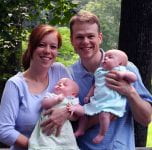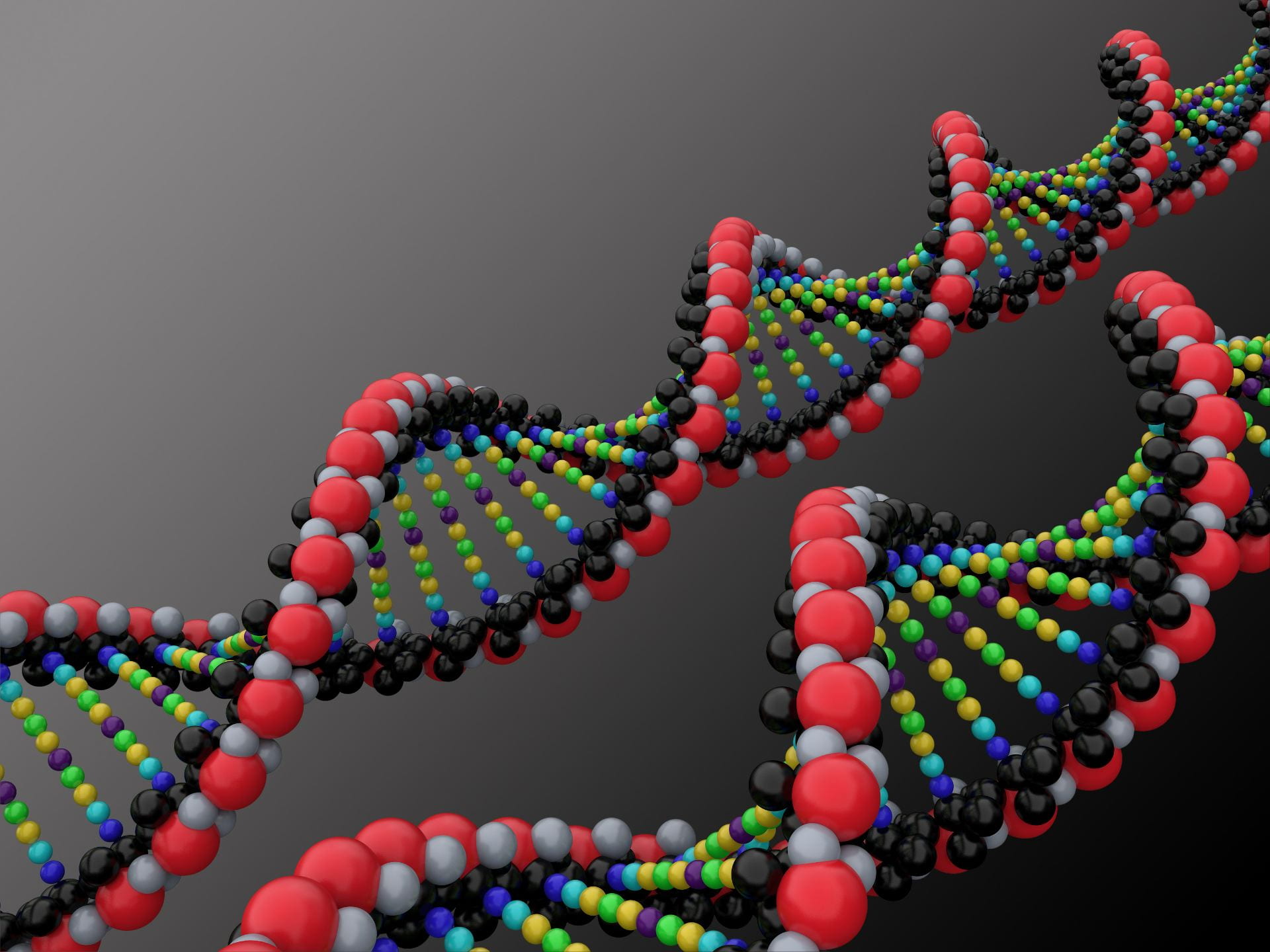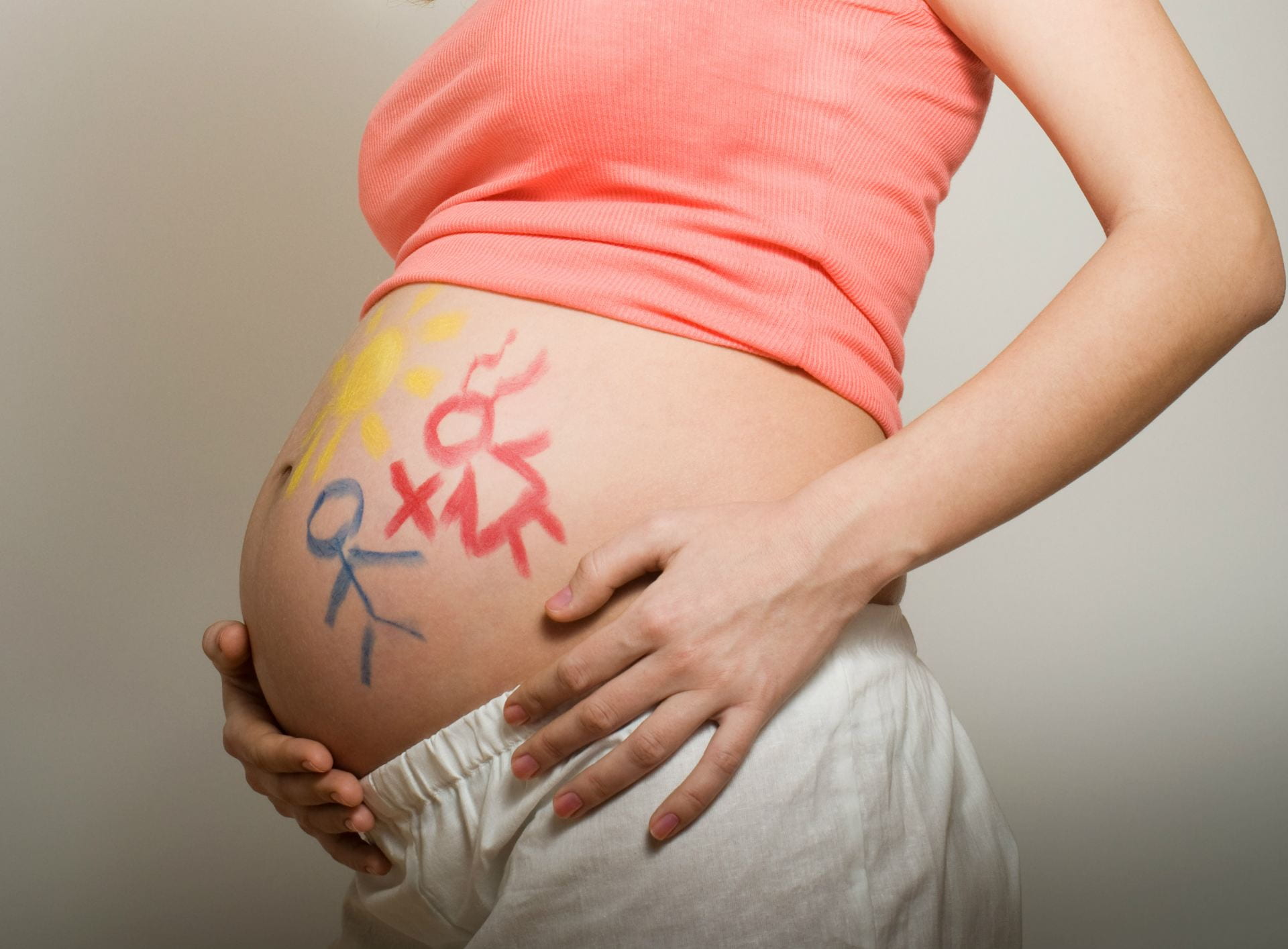
ISSN: 2652-5518By Emily Callander, Lucas Calais-Ferreira, Haylee Fox, Sue Malta, John Hopper Summary Medical advancements and increasing age at first pregnancy have contributed to a worldwide increase in multiple births. However, there is very little information available about the costs associated with having more than one baby at a time, and the potential financial impact […]







